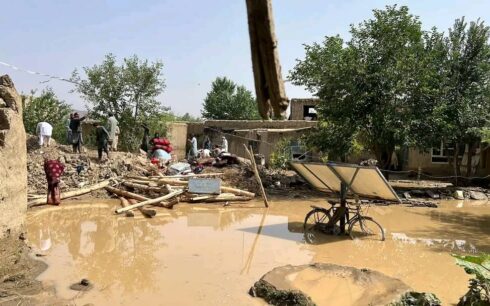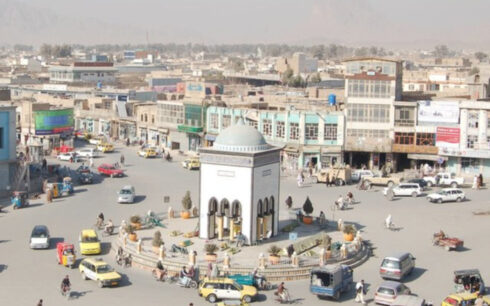On the third anniversary of the Taliban’s takeover of Afghanistan, the Committee to Protect Journalists (CPJ) in a statement called on the international community to help “halt the unprecedented destruction” of Afghanistan’s media and “brutal repression of journalists”.
In a statement, CPJ urged the international community to take action to protect Afghan journalists and media outlets that are on the brink of collapse.
Beh Lih Yi, CPJ’s Asia Program Coordinator, highlighted the severe challenges faced by the Afghan press under Taliban rule. “The grave injustices we are witnessing are the hallmark of the Taliban’s governance,” Lih Yi said.
“Their ruthless crackdown has pushed the few remaining media outlets in Afghanistan to the edge. The international community must stand with the Afghan people, and foreign governments should streamline resettlement processes to support journalists in exile so they can continue their work.”
The CPJ statement detailed the Taliban’s escalating repression over the past year, including the detention of at least 16 Afghan and foreign journalists, the closure of four radio and television stations, the banning of a popular London-based broadcaster, and the suspension of licenses for 14 media outlets. The statement also noted that at least one detained journalist had been severely beaten.
Further compounding the crisis, the Taliban has banned the broadcast of women’s voices and announced plans to restrict access to Facebook in Afghanistan. The increasingly hostile environment has forced hundreds of Afghan journalists to flee to neighboring countries, where many remain in legal limbo, without the right to work or clear prospects for resettlement.
Journalists still in Afghanistan face severe challenges, including restricted access to information and pressure from Taliban-controlled institutions. The threats, arrests, and intimidation by the Taliban have driven dozens of journalists into exile, where they continue to struggle for their safety and livelihood.





